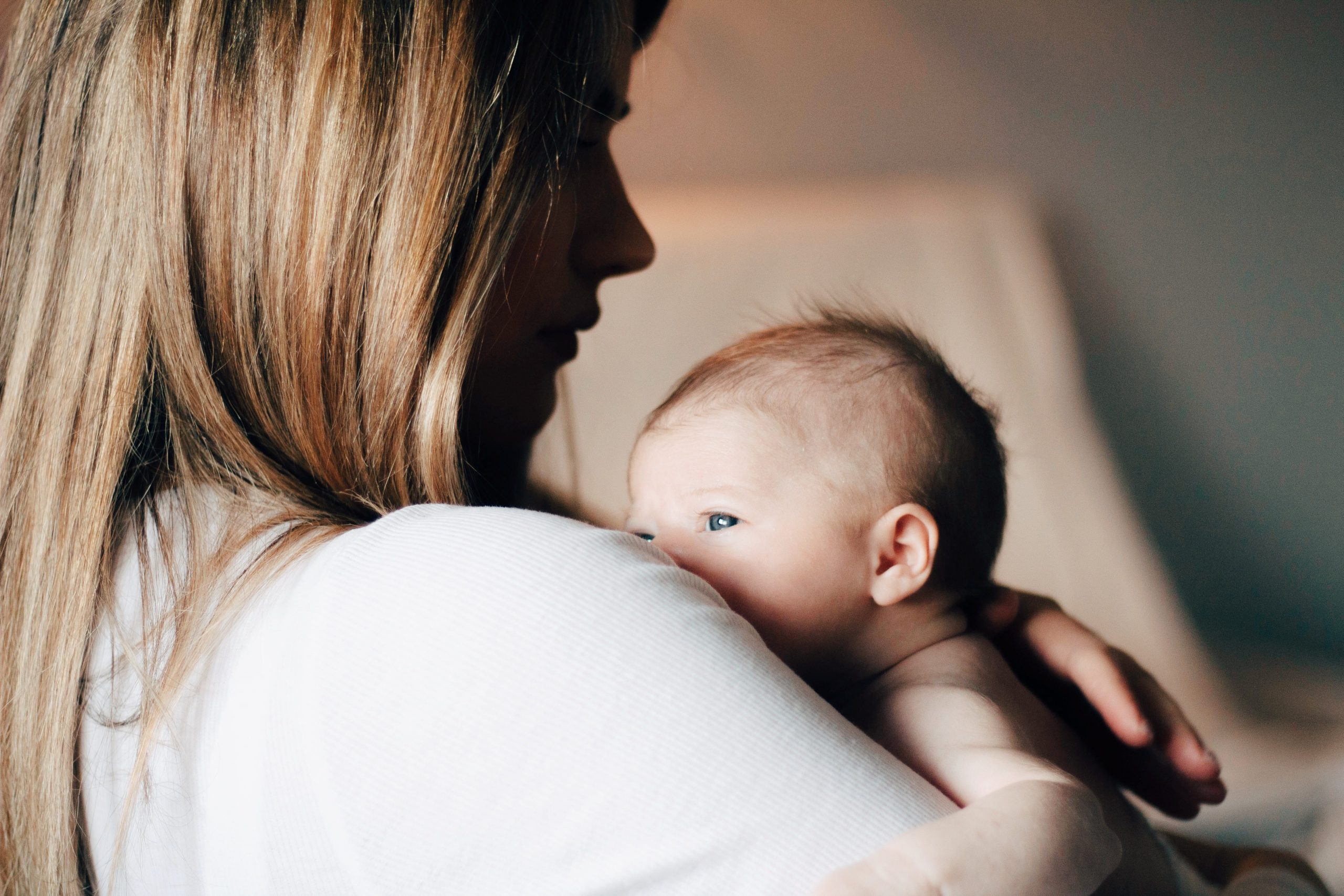Maternal mental health has been exacerbated by the Covid-19 pandemic, with more mothers reporting Postpartum Depression.
Mother’s Day is, for most new mothers, a joyful celebration. Having a baby is undeniably a life-changing event. However, for those with postpartum depression (PPD), especially during a global pandemic, the occasion may leave them feeling distressed, overwhelmed or sad.
Prevalence studies have shown that PPD affects as many as one in nine mothers. However, the Covid-19 pandemic has the potential to exacerbate the symptoms associated with PPD and decrease access to available resources such as healthcare and social support.
While we typically associate PPD with mothers, new fathers can also experience PPD, commonly referred to as paternal postnatal depression.
What is PPD and what causes it?
PPD most typically occurs between the first week to the first month after delivery but can start anytime within the first year. PPD can also occur as a continuation of a state that had started before and/or during pregnancy. If left untreated, PPD can last for months.
The causes of PPD are mostly unknown. While it is mostly believed to be attributed to the hormonal changes that occur after childbirth, its onset is usually a result of an interplay of biological, psychological and social risk factors and can adversely affect the emotions, thoughts and overall functioning of new mothers.
Read also: Most frontline heroes are women, let’s celebrate them this Women’s Day
Lack of sleep; feeling overwhelmed with a dependent newborn; unrealistic misconceptions and views on what motherhood; the stress that is associated with changes in routine; negative feelings associated with body image; and a feeling of loss of identity, are all contributing factors. In addition, studies have found that previous history of depression including a prior experience with PPD in particular, are major risk factors.
Although individual experiences of PPD differ greatly, common signs and symptoms of PPD in women include:
- Tearfulness
- Depressed mood
- Irritability
- Restlessness
- Overwhelming fatigue
- Anxiety
- Feelings of guilt, worthlessness, anger or shame
- Difficulties bonding with newborn
- Insomnia or excessive sleep
- Social isolation and withdrawal
- Excessive worry about baby’s health
- Fear of being left alone with
- Loss of appetite
- Lack of focus
- Thoughts of self-harm or harming baby
PPD and the Covid-19 pandemic
Even with the best circumstances, the first few weeks, or even months, postpartum are extremely sensitive. Experiencing pregnancy during a global pandemic, unsurprisingly, increases the risk of PPD.
A study published in Frontiers in Global Women’s Health, that included pregnant women and women within the first year postpartum found that there was a substantial increase in self-reported depression during the pandemic when compared to pre-pandemic figures.
Read also: Vaccine Hesitancy: Why ‘anti-vaxxers’ refuse to get vaccinated against Covid-19
While prior to the pandemic 29% of new mums reported experiencing symptoms of anxiety, and 15% reported feelings of depression, these numbers almost tripled during the pandemic with 72% of new mothers reporting symptoms of anxiety and 41% reporting symptoms of depression.
Another, similar study conducted in Wuhan, China, where cases of Covid-19 were first reported, included 2,883 participants of both perinatal and prenatal inpatients. The study found that 33.71% reported symptoms of depression, where the prevalence of perinatal depression was found to increase as the number of confirmed Covid-19 cases were recorded.
Concerns around exposure to Covid-19 and potential for contracting the virus, along with physical distancing restraints, can make things worse for women with PPD, especially when it comes to receiving help and support either socially or professionally.
Limiting impact on mental health during pandemic
There are a number of resources that women with PPD can utilise to help reduce the impact of the pandemic on their mental health.
Telehealth, or consultations with physicians and therapists that are provided online or through the phone is one such way. Another online resource available to mothers are support groups and social networking apps that currently exist to provide assistance to struggling mothers.
Self-care is another important contributor to the solution. Eating three meals a day, taking daily showers, staying hydrated, and exposure to direct or indirect sunlight can all help with feelings of sadness and other symptoms of PPD. Good sleep is also extremely important, where nighttime feeds can be split between two parents if the new mother chooses to bottle feed (formula or expressed breastmilk).
Read also: ‘Coronasomnia’: an epidemic within a pandemic
Otherwise, for exclusively, directly, breast-fed babies, partners can take over after the nighttime feeds to assist in diaper changes and putting the baby back to sleep while mum rests. Some may even opt to hire a live-in night nurse, newborn care specialists that work at night to feed and change the baby so that both parents can get some rest.
Relaxation techniques such as meditation, breathing exercises and muscle relaxation, can help reduce stress levels, levels of anxiety and feelings of being overwhelmed in mothers.
Socialising with friends and family and maintaining a strong social support group is imperative to the mental health of mothers. Since Covid-19 presents unique barriers to gathering and socialising with loved ones living outside of the home, telephone calls and videoconferencing with friends and family members can prove helpful.
It’s important to keep in mind that PPD eventually does improve and that the restrictions brought about by the pandemic are temporary circumstances. Working closely with and engaging your partner, as well as prioritising self-care, helps make the journey easier and builds stronger family bonds for the future.
If you know a new mum struggling this Mother’s Day, there are a few things you can do help such as sending food; calling her or checking in with her virtually; go grocery shopping or baby shopping for her; send her flowers or a “thinking of you” gift; ask her about her mental health; and most importantly help her feel celebrated.
Maha El Akoum, MPH, is a public health professional currently working as Head of Content at World Innovation Summit for Health [WISH].
Follow Doha News on Twitter, Instagram, Facebook and Youtube







